- Добавил: literator
- Дата: 15-05-2023, 05:29
- Комментариев: 0
 Название: A Beginner’s Guide to Lasers and Their Applications, Part 1: Insights into Laser Science
Название: A Beginner’s Guide to Lasers and Their Applications, Part 1: Insights into Laser ScienceАвтор: Dhruba J. Biswas
Издательство: Springer
Год: 2023
Страниц: 331
Язык: английский
Формат: pdf (true)
Размер: 12.7 MB
This two-volume book provides an enriching insight into the laser, covering different types of lasers, the basic science behind the technology, their role at the cutting-edge of current scientific research, and their wide-ranging applications. With just high school physics as a prerequisite and favoring qualitative yet scientifically sound explanations over high-level mathematics, this book is aimed at a broad spectrum of readers in physics, chemistry, engineering, medicine, and biology. Its engaging and lucid presentation is enhanced with plenty of illustrations, making the world of the laser accessible to undergraduate students in the sciences and any other inquisitive readers with high school physics under their belts. Furthermore, the text is often laced with anecdotes, picked from history, that are bound to pique the minds of the readers. It is ideal for self-study or as a complement to courses on optics and optoelectronics.

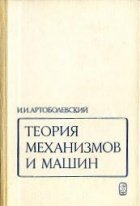
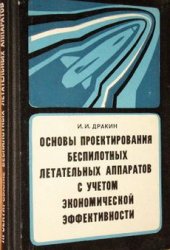
 Название: Enhancement of Grid-Connected Photovoltaic Systems Using Artificial Intelligence
Название: Enhancement of Grid-Connected Photovoltaic Systems Using Artificial Intelligence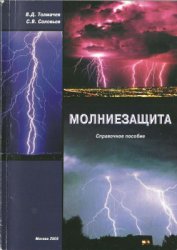
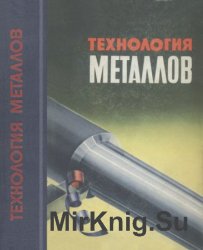
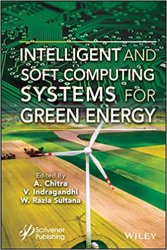
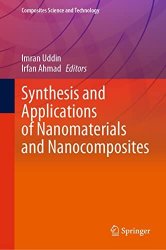
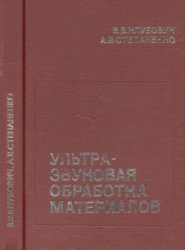
 Название: PV and the NEC, 3rd Edition
Название: PV and the NEC, 3rd Edition